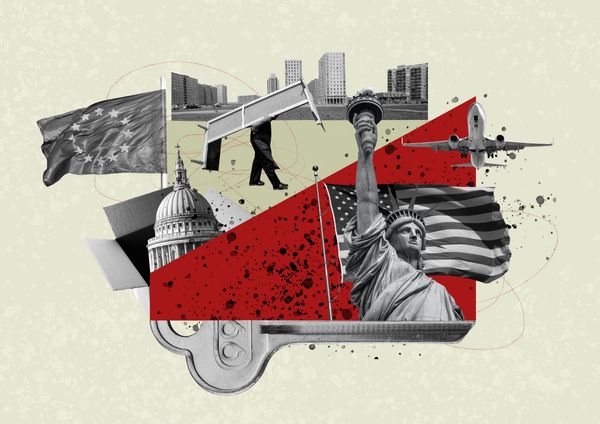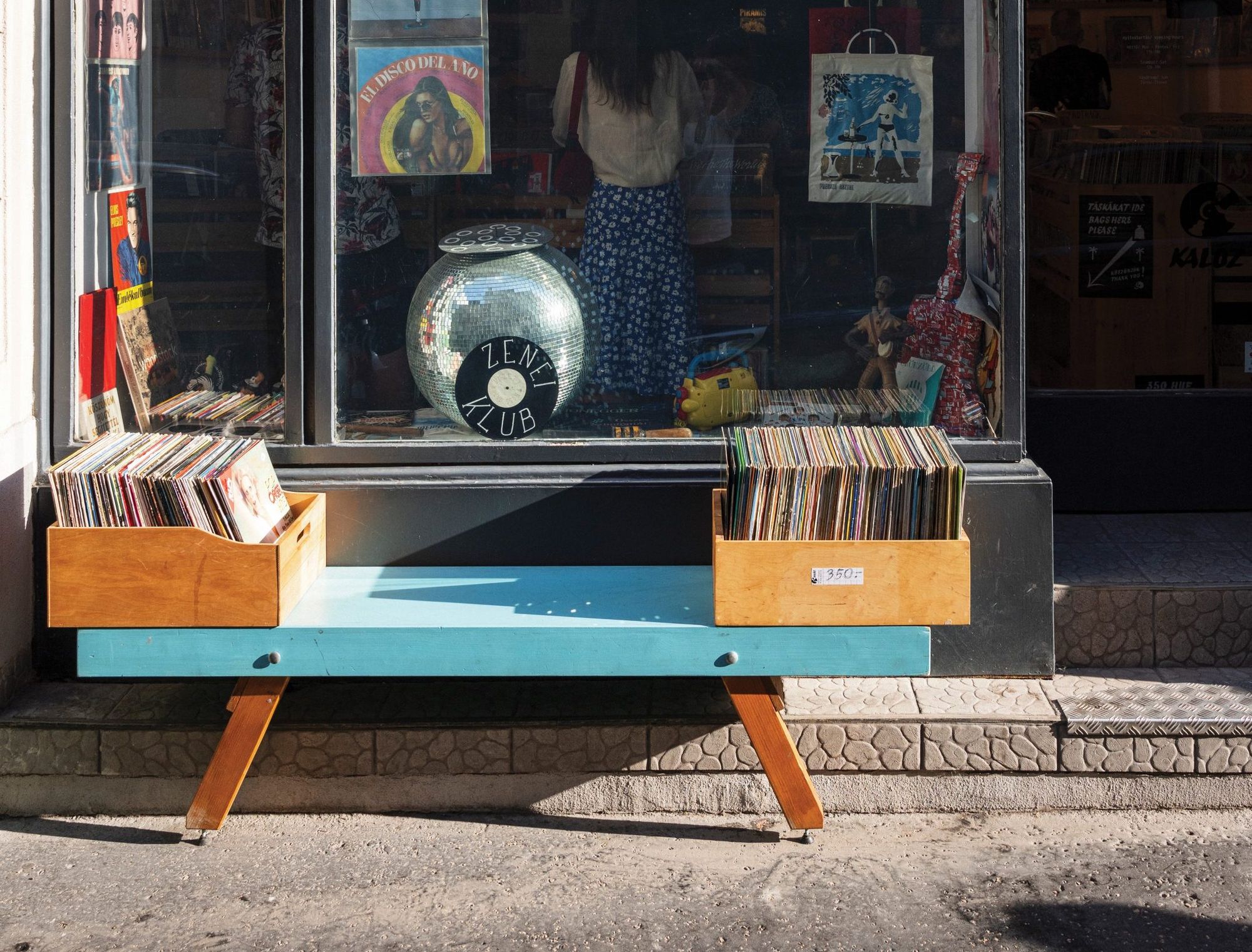Either physically or online, music collection is important for every decent music listener, but after peaking in the 70s and 80s, vinyls are living their renaissance worldwide, as in Budapest, as well. In recent years, several record stores have opened up alongside existing, older ones, often owned by collectors themselves or by local djs who have built up a collection so huge over the years that they are now selling them. Four shops in frequented locations in the city center are presented, each slightly different from the others, but all sharing the same pleasure of selection and discovery.
Kalóz Records (Pirate Records)
Kristóf Kürti (Hungarian DJ, alias DJ Suhaid) opened Kalóz Records in Bródy Sándor Street, District 8 of Budapest in 2018, after selling records online for a long time. Kristóf himself is a huge collector, and used to spend the majority of his free time searching for vinyl records in Budapest shops and flea markets. He often found unbelievable bargains, managing to acquire treasures worth several hundred euros for a fraction of the price. He has so many records that he was the host of the radio show, “Barefoot tales”, broadcast on the famous Hungarian Tilos Rádió (Forbidden Radio) for 12 years. The show is still on, albeit with a different host. The shop sells mainly second hand goods, with a focus on classical rock, jazz, hip-hop, house and world music, mainly from the Eastern European region. However, they also have a good stock of speciality vinyl and first editions as well. The shop is stocked to the brim with records. Some are completely worthless, these are usually purchased for construction work, crafting, or weddings. The owners truly found themselves at home in the Palace District. Many of those living nearby collect records, so occasionally regular customers would pay with pieces from their own collection instead of forints.
Some incredible treasures can be found in the gigantic basement warehouse and the shop on the ground level. And if you’re looking for something specific, you can inquire about it online or in person.
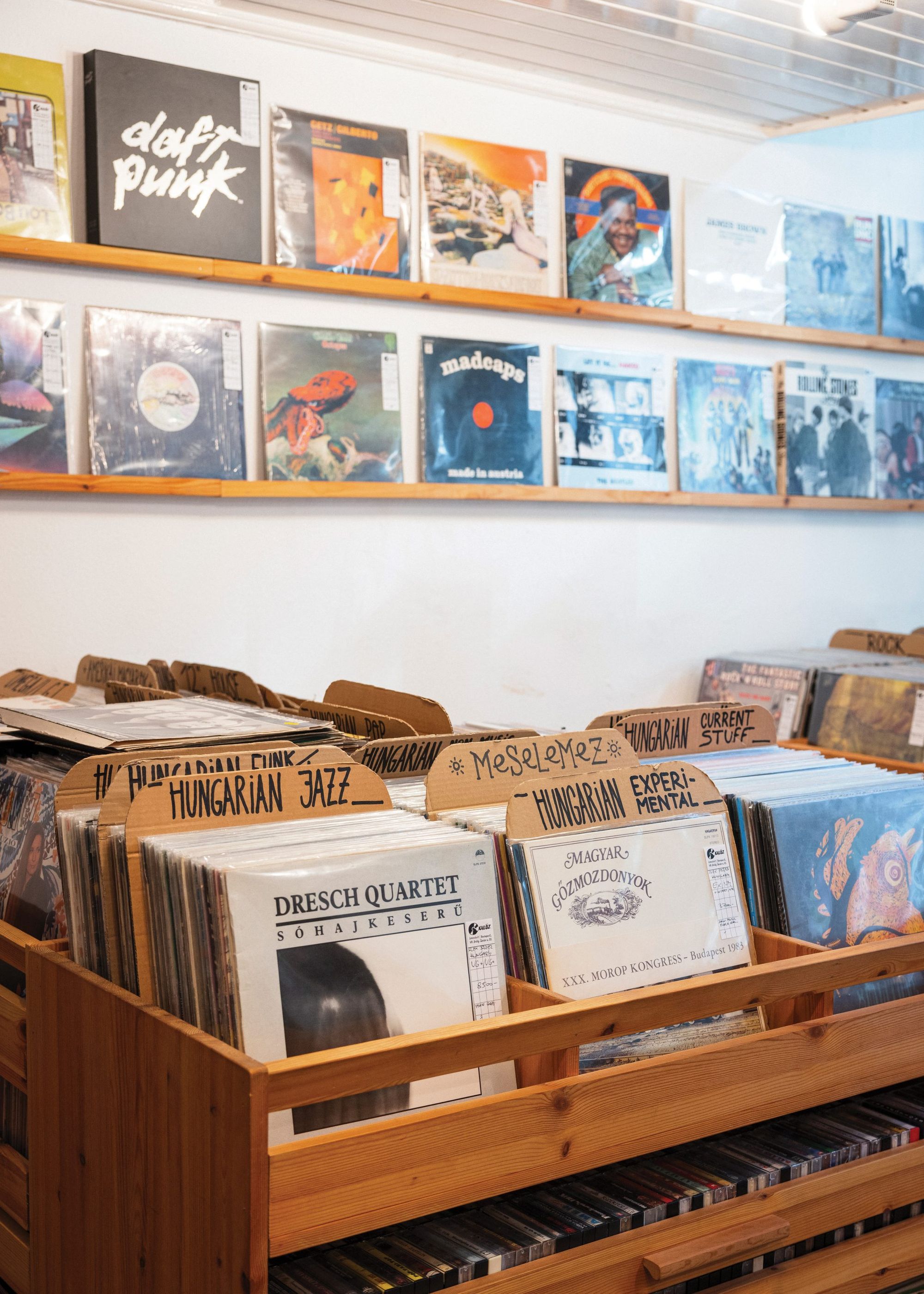
Lemezkuckó (Record Nook)
The shop Lemezkuckó was established in 1986 by the owner, who was then 23 years old, and who has spent 14 hours a day in his shop ever since. The shop is located on the quieter end of Király Street, a street full of tourists, pubs and restaurants. The shop was opened back in the socialist era, survived the regime change, then went on to completely switch out its vinyl collection in the 90s, due to the popularity of CDs. After a longer period focusing on CDs, people returned to vinyl records a few years after the economic recession in 2008, so the owner brought back the previously unwanted vinyls. Nowadays, half of the shop’s stock is made up of CDs and the other half consists of vinyls, making the shop a bit of an oddball, as many places stopped selling CDs due to the lack of demand. Not many places in all of Europe can offer such a broad selection, and astonished Western tourists often take photos in the shop as a result. The shop offers many musical styles: from jazz to rock and prose, almost every genre is represented. Fun fact: classical vinyls are not really a hot item, as so many were manufactured during the socialist era that they are difficult to sell.
The owner’s personal favourite genre is melodic jazz and airy, Verdi-style classics – what really matters to him is the vibe. That said, he keeps an open mind towards genres that may not be to his taste but might appeal to customers, so he is happy to have a conversation about any genre with potential customers.
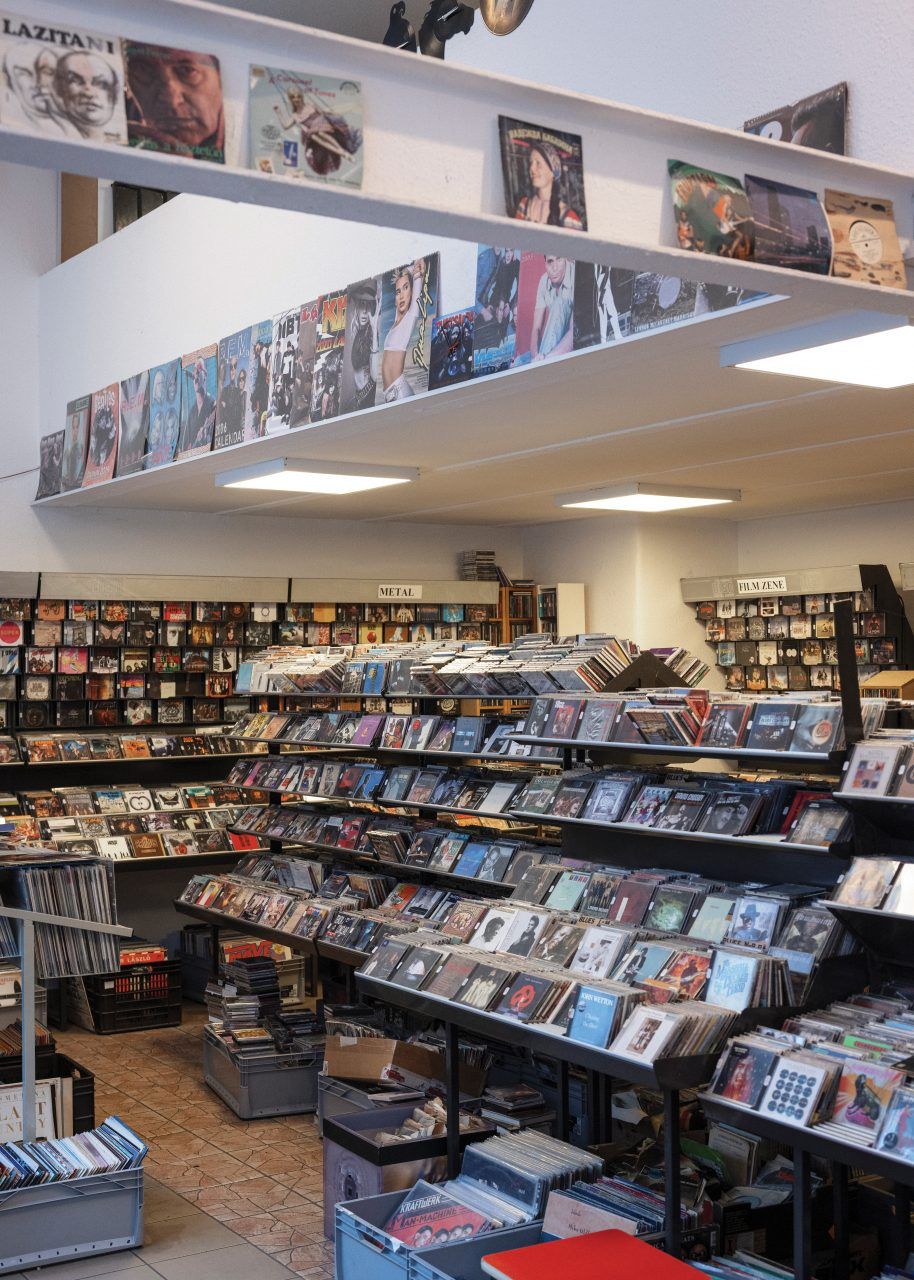
Beat On The Brat Vinyl & Bar
The owner, Janesz Lévai left his job in a financial institution in 2013 and opened his own club, Beat On The Brat – named after a Ramones song – in a shop that is half underground, and was previously a car wash and petrol station. The club found increasing growth and success every year in Budapest’s famed party district, known throughout Europe, until the pandemic shutdowns in 2020. The Beat quickly became a signature location, due to its regular pop, indie and hip-hop themed nights, various concerts and legendary New Year’s Eve parties. The alternative music scene from the city centre also frequently checked in here, even though the club’s capacity was quite low – the dance floor could only accommodate around 50 people at a time.
Due to the shutdowns caused by the pandemic, the club had to be closed, but its legacy was carried on, with the owner opening a daytime location on Frankel Leó Street, close to the Buda side of Margaret Bridge. Much like the old Beat, the walls in the two-storey space were covered with various music and movie posters, which the owner has been collecting for many long years. Janesz himself also collects records, so he decided that the new location would sell vinyl records along with the drinks and pastries. His selection mostly consists of well-known performers from the 20th century. He likes to keep his prices low, so there are not many records from after the year 2000. That said, there is a wide selection of vinyls from the 80s and 90s.
The Beat team usually shares the latest books and records they discovered on Facebook, which you can then buy in person, along with a soft drink or coffee.
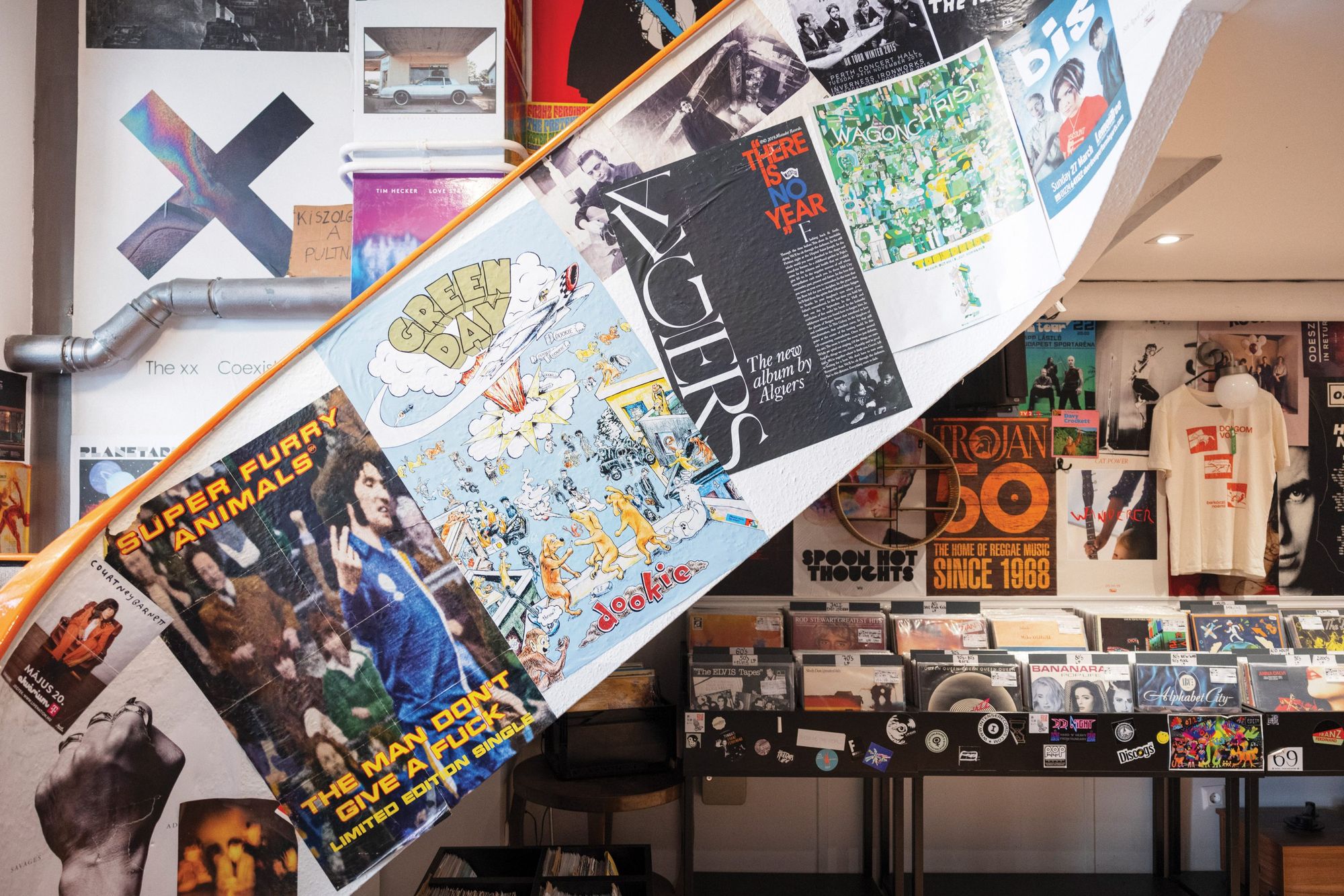
Aktrecords
In 2005, István Kántor, also known as DJ Isu, established the Aktrecords record shop, which first opened in the courtyard of the gigantic Kilián Barracks on Üllői Street, close to the now defunct K2 Club. The shop is currently open in Ó Street in District 6, a few minutes away from Oktogon, one of the central locations of Budapest. It is definitely the most minimalistic record shop in the city, due to its selection of mainly electronic music vinyls. Visitors will mostly find techno, minimal and experimental records here. Besides the signature 4 over 4 club music, there are some jazz classics, new wave and classic hip-hop, and some indie records that the owner likes, since he only sells music he himself loves listening to. The specialty of the shop is that visitors can buy not only vinyl records, but also clothes. To stay true to the audience of electronic music, Aktrecords mainly offers clothes from Carhartt and Obey, which are usually favoured by DJs, skaters and other artists. Visitors can browse the shop’s offerings on their website or in person, with the owner’s assistance.
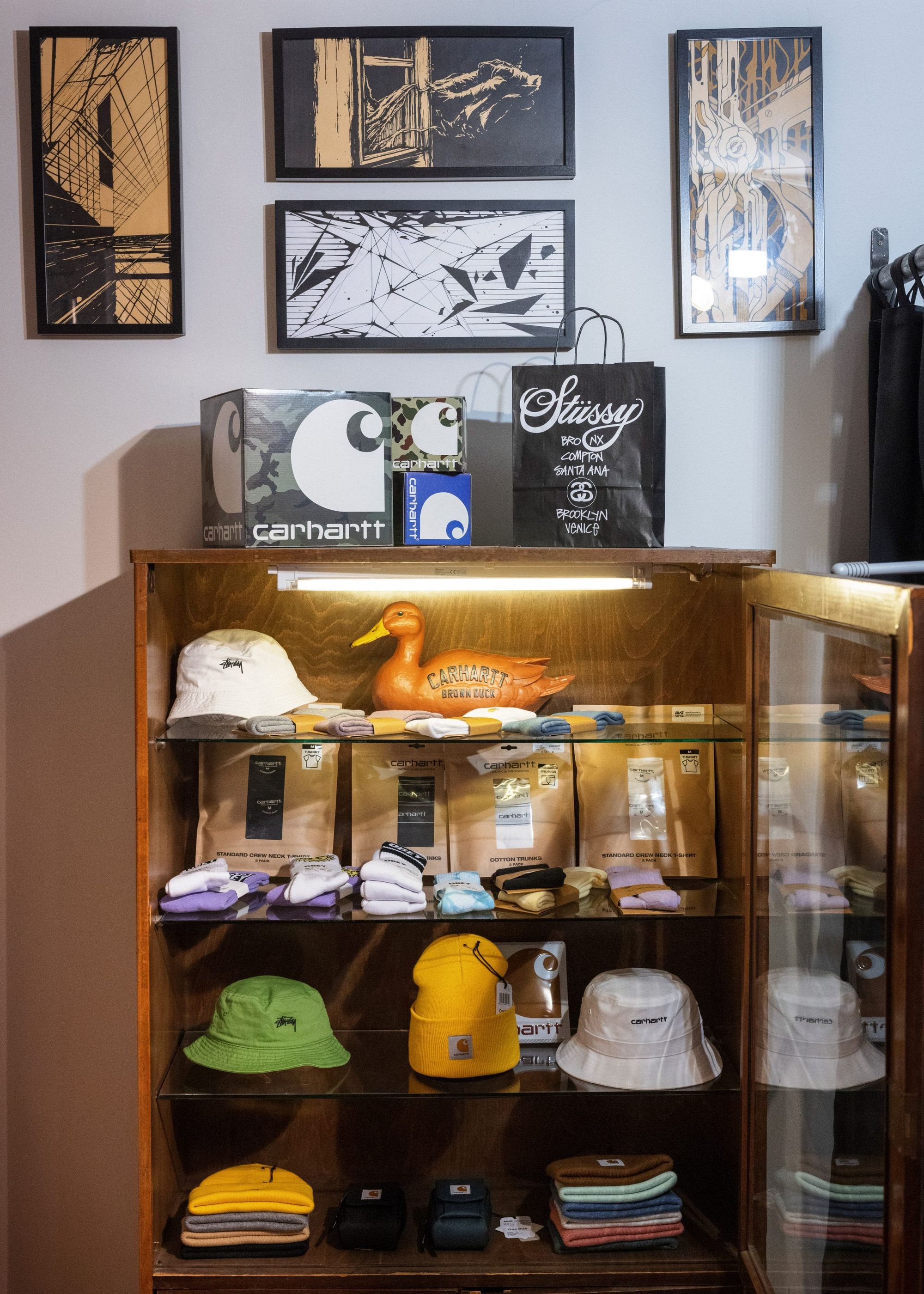
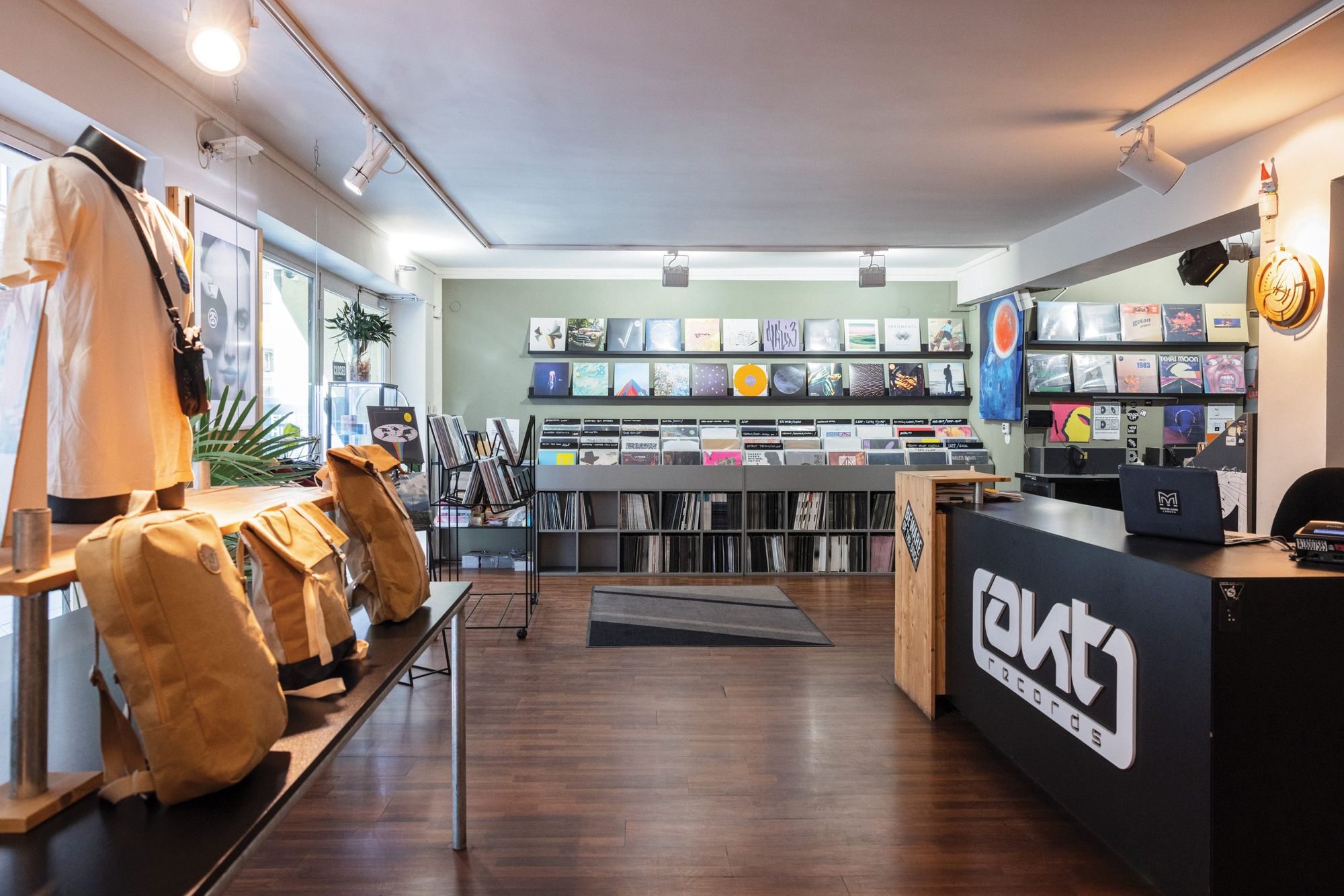
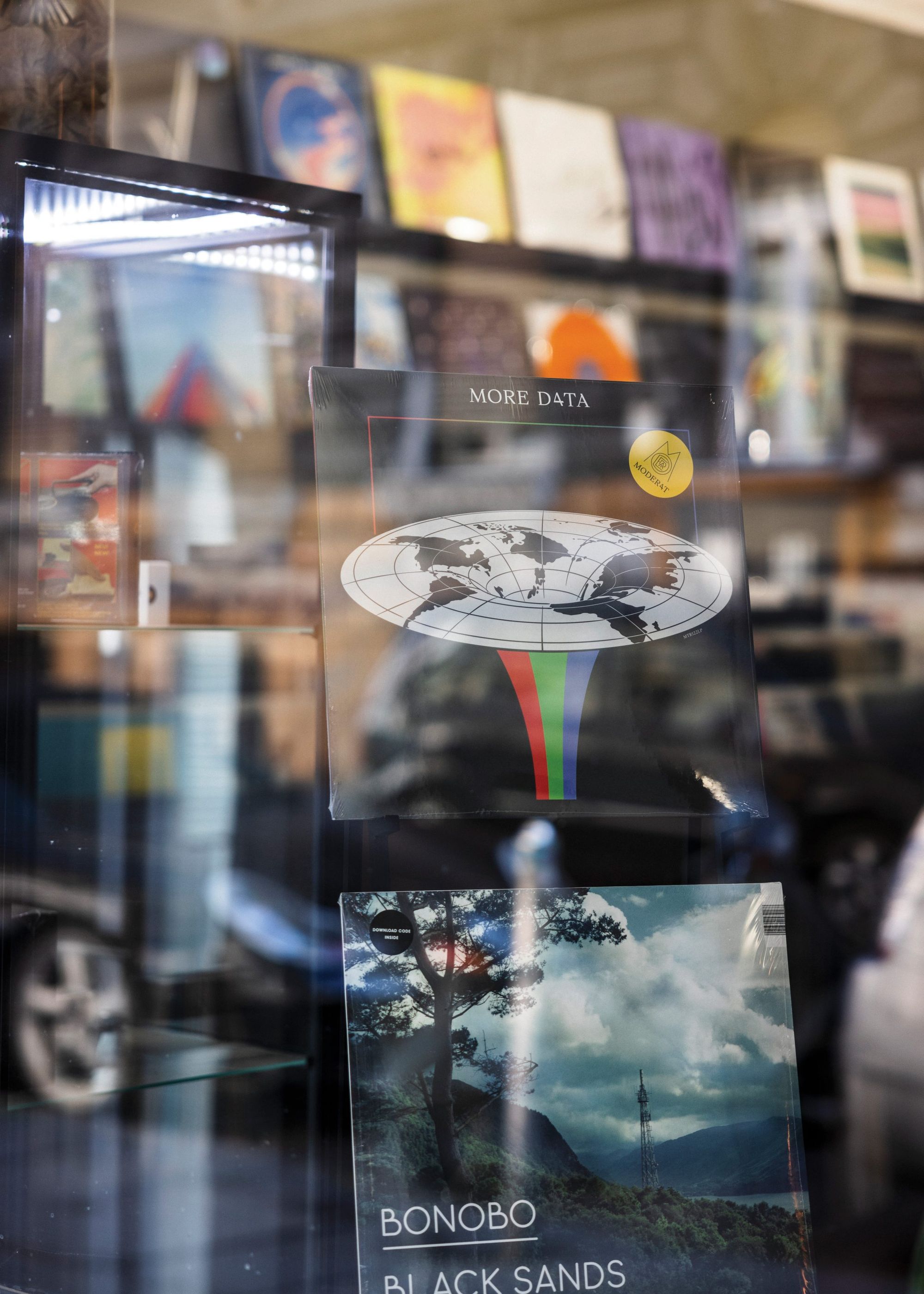
photos: Mohai Balázs

A Ukrainian photography magazine revives the reality of the 90s
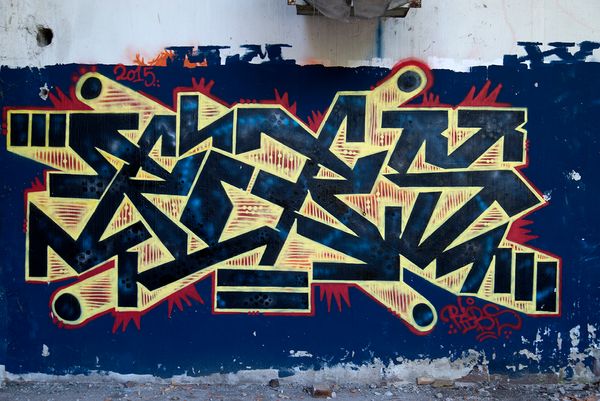
The contours of time | GRAFFITI, an album by László Lugo Lugosi
